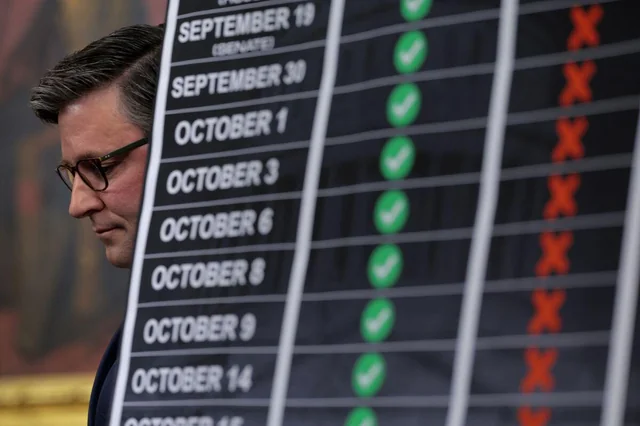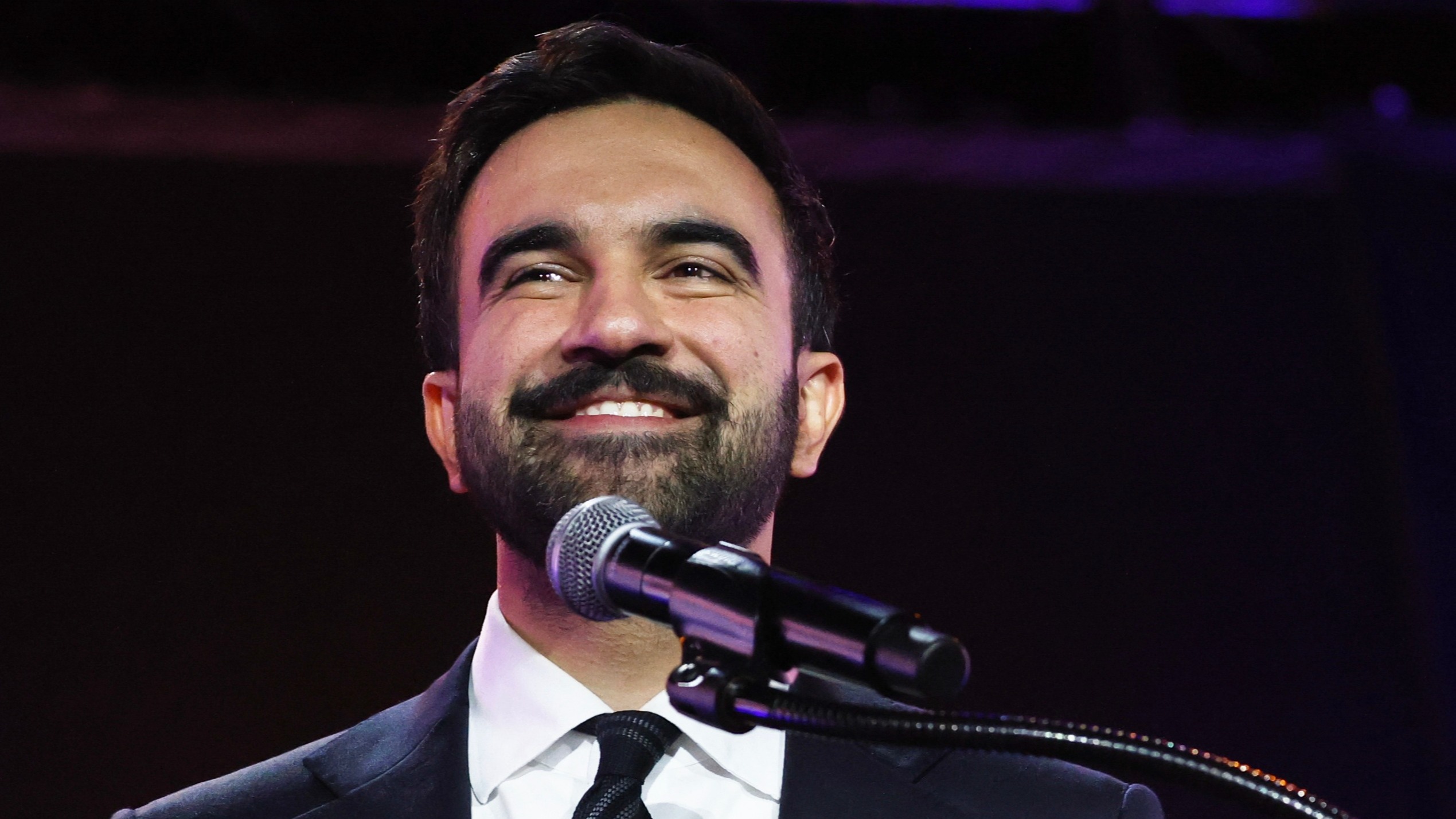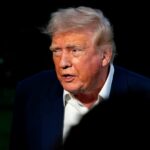The Attacks on Sikh Separatists That Rocked India’s Relations With the West

The inside story of how two alleged murder plots brought India, the US, and Canada to a diplomatic crisis.
In recent years, the complex web of global diplomacy has been shaken by a series of events that thrust India—one of the world’s largest democracies—into an uncomfortable spotlight. What began as separate incidents in Canada and the United States involving Sikh separatists has now evolved into a full-blown geopolitical confrontation, straining India’s relations with two of its most important Western partners.
At the heart of the crisis are allegations that Indian operatives were involved in attempts to assassinate Sikh separatist activists living abroad. The accusations have triggered outrage in Ottawa and Washington, raised questions about the reach of India’s intelligence network, and tested the balance between counterterrorism cooperation and respect for sovereignty.
Background: The Sikh Separatist Movement
The roots of the controversy stretch back decades, to the movement for an independent Sikh homeland called Khalistan. Emerging in the 1970s, the movement sought to carve out a separate nation for Sikhs from India’s Punjab state. The campaign turned violent in the 1980s, culminating in Operation Blue Star (1984), when Indian troops stormed the Golden Temple to remove armed militants. The aftermath included the assassination of Prime Minister Indira Gandhi by her Sikh bodyguards and widespread anti-Sikh riots.
By the 1990s, the Khalistan insurgency was largely crushed within India. But the movement persisted among diaspora communities, particularly in Canada, the UK, and the US, where Sikh activists continued to advocate for independence through political and social channels. While most of these groups operate peacefully, India’s intelligence agencies have long viewed them as potential threats to national security—especially when linked to proscribed organizations.
The Canada Case: Hardeep Singh Nijjar’s Killing
On June 18, 2023, prominent Sikh separatist leader Hardeep Singh Nijjar was shot dead outside a gurdwara (Sikh temple) in Surrey, British Columbia. Nijjar, who was a Canadian citizen, was known as an outspoken advocate for Khalistan and the head of the Guru Nanak Sikh Gurdwara. India had previously declared him a “terrorist,” accusing him of plotting attacks in Punjab—a charge he denied.
Months later, in September 2023, Canadian Prime Minister Justin Trudeau delivered a stunning statement in Parliament:
“Canadian security agencies have credible allegations that agents of the Government of India were involved in the killing of a Canadian citizen on Canadian soil.”
The announcement plunged Canada–India relations into crisis. India rejected the allegations as “absurd and motivated,” accusing Canada of harboring extremists. Both nations expelled each other’s diplomats, suspended trade talks, and froze high-level political dialogue.
For Trudeau’s government, the Nijjar case represented a breach of sovereignty and the rule of law. For New Delhi, it was a challenge to its campaign against separatist extremism. The diplomatic rift that followed was one of the worst in the history of India–Canada relations.
The U.S. Case: A Foiled Assassination Plot
While tensions simmered with Canada, an even more explosive revelation came from the United States. In November 2023, the U.S. Department of Justice unsealed an indictment accusing an Indian national, Nikhil Gupta, of plotting to assassinate Gurpatwant Singh Pannun, a New York-based lawyer and activist for the Khalistan movement.
According to U.S. prosecutors, Gupta had been directed by an Indian government employee—identified only as “CC-1”—to organize the killing. The plan allegedly involved hiring a hitman who turned out to be an undercover U.S. agent. Communications intercepted by U.S. intelligence reportedly showed Gupta discussing payments and details of the plot.
Pannun, like Nijjar, is considered a “terrorist” by the Indian government, but holds dual U.S. and Canadian citizenship. The revelation that an Indian-linked operative had allegedly plotted a killing on American soil sent shockwaves through Washington.
In an unusually blunt statement, the White House National Security Council condemned any foreign interference or extrajudicial killings within U.S. territory.
The FBI launched a full investigation, and senior U.S. officials directly raised the matter with their Indian counterparts.
Diplomatic Fallout: A New Strain on Strategic Ties
The allegations came at a sensitive time for India’s relations with the West. Prime Minister Narendra Modi’s government has spent years cultivating partnerships with the U.S. and its allies, positioning India as a key democratic counterweight to China in the Indo-Pacific.
Yet the murder plots complicated that strategic alignment.
- Canada suspended talks on a free-trade agreement with India.
- Washington issued veiled warnings but balanced criticism with the need to keep India onside against China.
- U.S. Secretary of State Antony Blinken emphasized the importance of accountability while reaffirming the “strategic partnership” with New Delhi.
Behind the scenes, U.S. officials reportedly presented India with evidence from their investigation and demanded that New Delhi take responsibility and prevent further incidents. In response, India announced the formation of a high-level inquiry committee to “investigate the inputs provided by the U.S. government.”
India’s Response: Denial and Defensiveness
India’s Ministry of External Affairs has categorically denied any state involvement in assassinations abroad. Officials argue that Sikh separatist groups overseas engage in hate speech, incitement, and fundraising for militant activity—and that Western governments have ignored India’s security concerns.
Privately, Indian analysts acknowledge that if any rogue operatives were involved, it would reflect a dangerous overreach by intelligence elements emboldened by rising nationalism. The Research and Analysis Wing (RAW), India’s foreign intelligence agency, has come under scrutiny, though no public evidence directly links it to the plots.
Domestically, many Indians see the Western outrage as hypocritical, pointing out that the U.S. and its allies have themselves carried out extraterritorial killings and covert operations. However, others warn that such tactics—if proven—could undermine India’s democratic image and moral authority on the global stage.
The Broader Implications: Sovereignty vs. Security
The crisis highlights a growing dilemma in international relations: how far can a state go to protect its security beyond its borders?
For India, the issue is deeply personal. The trauma of the Khalistan insurgency still lingers, and New Delhi views diaspora activism as a potential threat to stability in Punjab. For Western democracies, however, extrajudicial violence on their soil is a red line that violates sovereignty and the rule of law.
The situation also underscores a shifting geopolitical landscape. India’s rising global profile—and its assertiveness under Modi—has led to friction with traditional partners that once viewed it as a stable democratic ally.
The Sikh Diaspora’s Reaction
The killings and alleged plots have galvanized the Sikh diaspora worldwide. Pro-Khalistan groups have staged protests outside Indian embassies, accusing New Delhi of repression and intimidation. Sikh organizations in Canada, the UK, and the U.S. have demanded international investigations, while Indian officials accuse them of exploiting free speech protections to promote separatism and violence.
Communities are now deeply divided, with moderate Sikhs fearing a resurgence of polarization and state surveillance reminiscent of the 1980s.
Moving Forward: Diplomacy on Edge
The diplomatic standoff remains unresolved. The U.S. continues to quietly press India for accountability, while Ottawa maintains that it will pursue justice for Nijjar’s murder. New Delhi, meanwhile, seeks to protect its strategic partnerships without appearing to bow to Western pressure.
Observers note that the affair has exposed a new reality: India’s global ascent brings greater scrutiny, and its intelligence operations—long shrouded in secrecy—are now part of international debate.
Conclusion
The attacks on Sikh separatists in North America have become more than isolated incidents; they are a test of India’s global identity. The allegations of extraterritorial assassinations challenge its self-portrayal as a democratic power rooted in rule of law, even as it faces real security threats from militant separatism.
For the U.S. and Canada, the crisis underscores the tension between moral principles and geopolitical pragmatism. For India, it marks a defining moment in its evolution from a regional actor to a global power—one that must reconcile national security imperatives with the standards expected of the world’s largest democracy.
In a multipolar world, the fallout from these alleged plots is a reminder that in the shadowy realm of intelligence and diplomacy, even the smallest spark can ignite a global crisis.

















